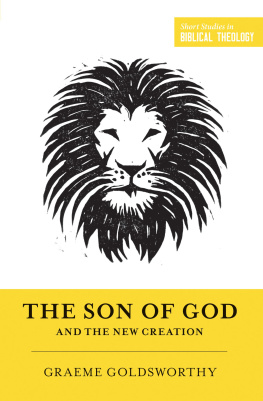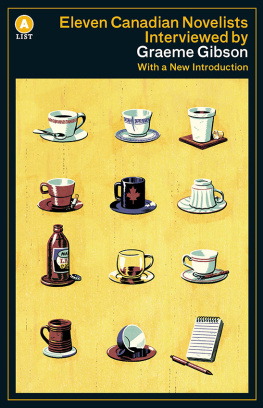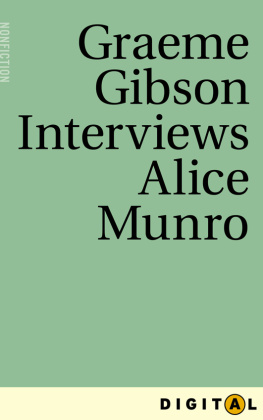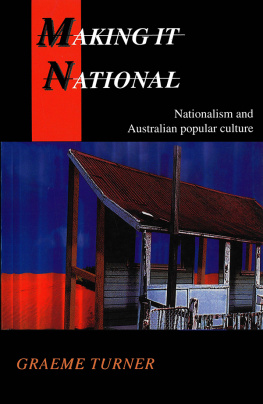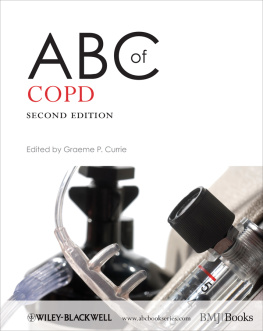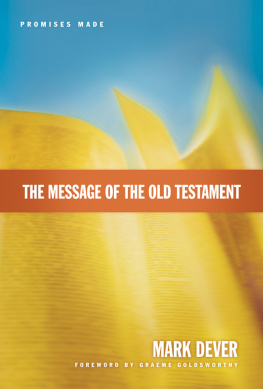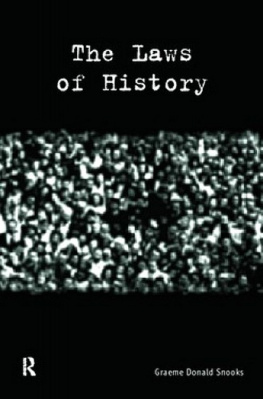WHATS BECOME OF
CULTURAL STUDIES?
SAGE has been part of the global academic community since 1965, supporting high quality research and learning that transforms society and our understanding of individuals, groups, and cultures. SAGE is the independent, innovative, natural home for authors, editors and societies who share our commitment and passion for the social sciences.
Find out more at: www.sagepublications.com
WHATS BECOME OF
CULTURAL STUDIES?
GRAEME TURNER
Graeme Turner 2012
First published 2012
Apart from any fair dealing for the purposes of research or private study, or criticism or review, as permitted under the Copyright, Designs and Patents Act, 1988, this publication may be reproduced, stored or transmitted in any form, or by any means, only with the prior permission in writing of the publishers, or in the case of reprographic reproduction, in accordance with the terms of licences issued by the Copyright Licensing Agency. Enquiries concerning reproduction outside those terms should be sent to the publishers.
SAGE Publications Ltd
1 Olivers Yard
55 City Road
London EC1Y 1SP
SAGE Publications Inc.
2455 Teller Road
Thousand Oaks, California 91320
SAGE Publications India Pvt Ltd
B 1/I 1 Mohan Cooperative Industrial Area
Mathura Road, Post Bag 7
New Delhi 110 044
SAGE Publications AsiaPacific Pte Ltd
33 Pekin Street #0201Far East Square
Singapore 048763
Library of Congress Control Number: 2011923545
British Library Cataloguing in Publication data
A catalogue record for this book is available from the British Library
ISBN 9781849205832
ISBN 9781849205849 (pbk)
Typeset by C&M Digitals (P) Ltd, Chennai, India
Printed in India by Replika Press Pvt. Ltd
Printed on paper from sustainable resources
CONTENTS
ABOUT THE AUTHOR
Graeme Turner is Australian Research Council Federation Fellow and Director of the Centre for Critical and Cultural Studies at the University of Queensland in Brisbane, Australia. He is one of the founding figures of cultural studies in Australia, and a major contributor to the field internationally; his British Cultural Studies: An Introduction (1990, 1996a, 2003) was the first book to provide an overview of cultural studies for an international readership. In addition to his involvement in debates around the theory and practice of cultural studies, he has published on a wide range of topics within cultural and media studies, and on a variety of media film, television, radio and the press. His work on celebrity (Fame Games: The Production of Celebrity in Australia [2000]), co-authored with Frances Bonner and P. David Marshall, and Understanding Celebrity [2004]) is widely cited as among the foundational contributions to this emerging field. His most recent book, Ordinary People and the Media: The Demotic Turn (2010), focused on the increasing prominence of ordinary people in the media, and examines the politics that might be seen to generate that prominence. Graeme Turners current research project is a large transnational study of television in the post-broadcast era, which has involved comparative work in Asia and Latin America; publications so far include (co-edited with Jinna Tay) Television Studies after TV: Understanding Television in the Post-Broadcast Era (2009).
ACKNOWLEDGEMENTS
This book has a list of acknowledgements which is a little more extensive than customary for me because, more directly than any of my previous publications, it has developed out of numerous exchanges and debates with my cultural studies colleagues. Indeed, the idea for this book originally came out of a series of conversations with my friend and publisher, Chris Rojek, who raised the initial proposition and has been an enthusiastic supporter of the project as it has developed and mutated into its current form.
I wrote the first half of the book while I was a guest of the Scholars Program in Communication and Culture at the Annenberg School for Communication at the University of Pennsylvania in Philadelphia in 2010. My stay there was one of the most pleasurable and stimulating experiences I have had and I am extremely grateful to the wonderful Barbie Zelizer for the invitation and for her generosity and friendship while I was there. A number of the Annenberg community assisted me with thinking about the book through colloquia presentations and private conversations; among those with whom I most enjoyed talking over the four months there are Marwan Kraidy, Katherine Sender, Joe Turow, Michael X. Delli Carpini, Elihu Katz, Monroe Price, and my Scholars Program colleague, Melani McAlister. Emily Plowman was a tireless and engaging support system for the programme and for Melani and myself.
Several friends and colleagues have read sections of the draft, but the ones who read the most, and who were therefore most generous with their time and in their comments and suggestions, are Meaghan Morris and Michael Delli Carpini, and I want to thank them for their contribution to the final product. My colleague and research collaborator at the Centre for Critical and Cultural Studies, Anna Pertierra, has generously read drafts of several chapters for me while being, as always, an astute and insightful sounding board for ideas as they have developed.
This book has been the focus of many conversations which may not have been particularly notable to those concerned but were nonetheless extremely valuable to me as I tested ideas and sought more information. Among those who I would like to acknowledge for their help in this way are Mark Andrejevic, Anne Balsamo, Michael Brub, Charlotte Brunsdon, Nick Couldry, Melissa Gregg, Larry Grossberg, Gay Hawkins, James Hay, Chris Healy, Toby Miller, Elspeth Probyn, David Shumway, and Sue Turnbull.
Some parts of some chapters have been published in earlier versions and so I thank the editors of Cultural Studies Review and of Cultural Studies for their permission to make use of that material. I also wish to thank Duke University Press and Larry Grossberg for permission to reproduce the quotation used as the epigraph for . The team at SAGE, particularly Jai Seaman, has been excellent to deal with over the course of the writing and its production.
My wife, Chris, who has lived with the everyday presence of the project of cultural studies longer than most of those who get paid to do so, has as always been a sustaining force and a necessary antidote to the more testing aspects of academic work.
Finally, the regular work in progress sessions in my own workplace, the Centre for Critical and Cultural Studies at the University of Queensland, and the astute, intelligent and generous input from what is absolutely the most wonderful group of academic colleagues one could wish for, have played a significant part in shaping the approach and the arguments made. Of course, none of those named are to blame for any of what follows; these are my views but I am grateful for the help I have had in forming them.
Graeme Turner
Brisbane, February, 2011
INTRODUCTION: PRACTISING CULTURAL STUDIES TODAY
I
At the third international Crossroads of Cultural Studies conference, hosted at the legendary point of origin, Birminghams Centre for Contemporary Cultural Studies, in 2000, the Anglo-American expansion of cultural studies was probably at its peak. There were 800 papers organized in 11 parallel sessions across three days. Many of these papers revealed the influence of the key fashion of the day largely, sophisticated textual analyses in the service of identity politics. An often repeated story, perhaps apocryphal but nonetheless still resonant, has it that one of the founding fathers of cultural studies, when leafing through his copy of the book of abstracts (a sizable object) after he arrived at the conference, was heard to ask, sadly: Is this what we have become?




